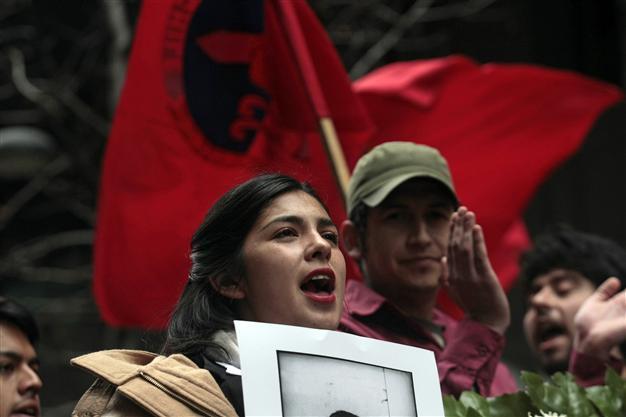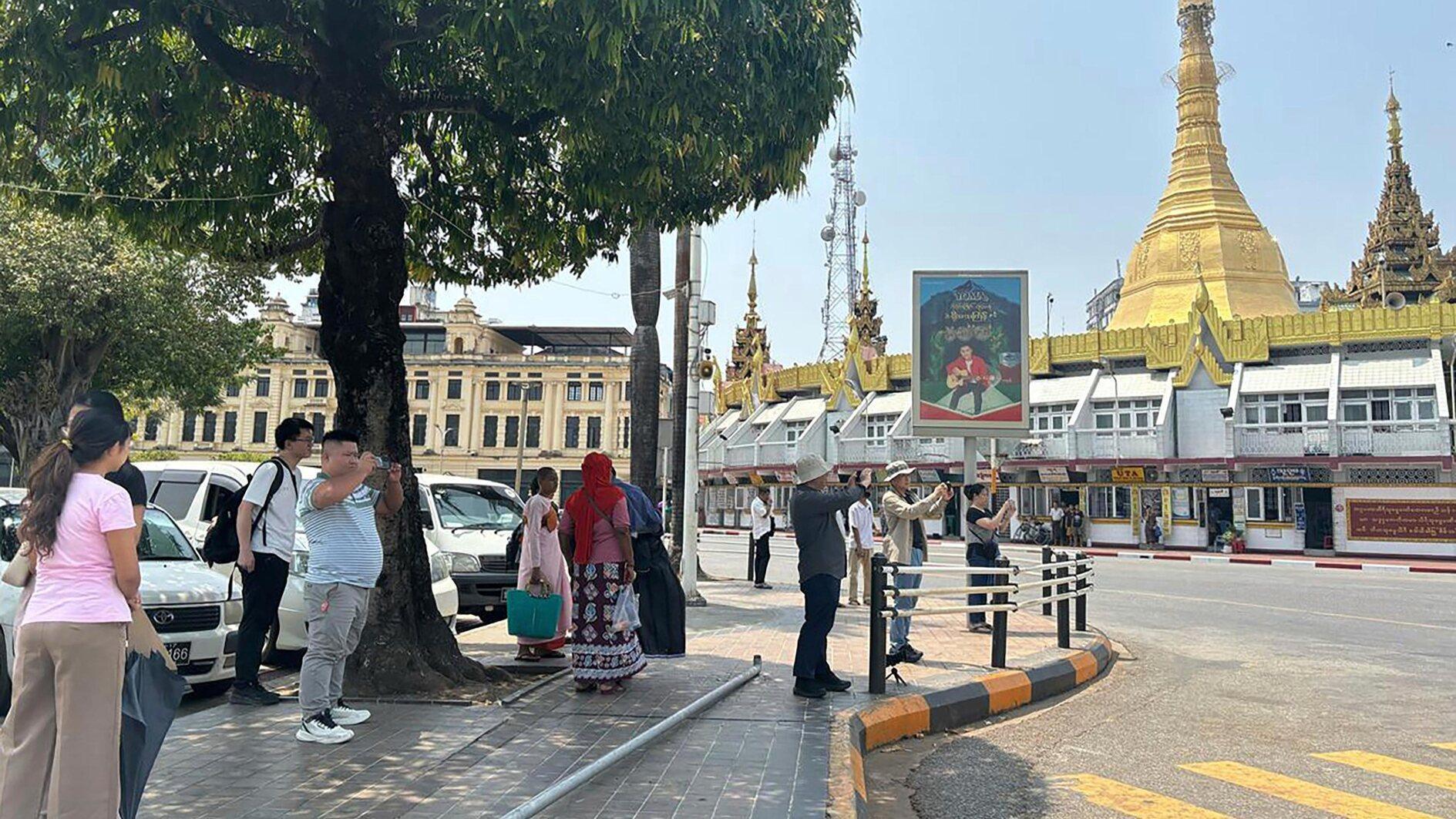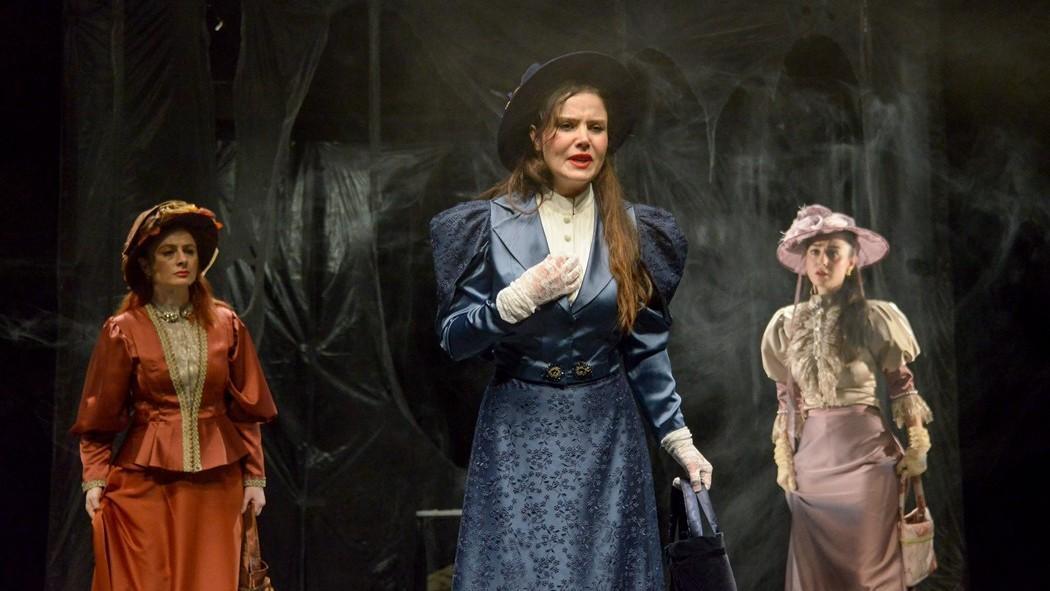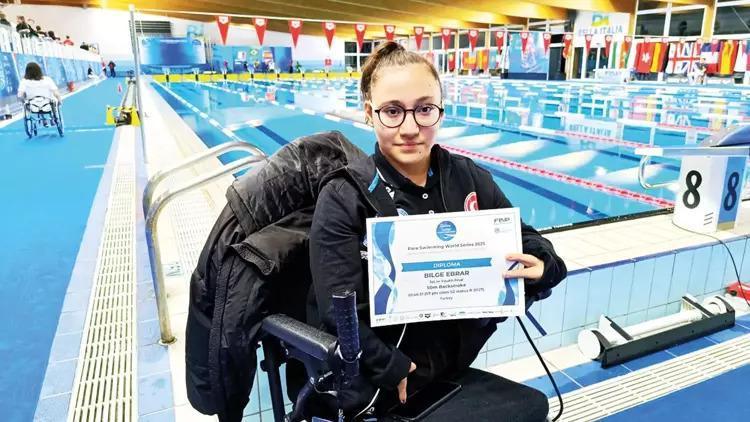264 protesters arrested during clashes in Chile on Pinochet coup anniversary
SANTIAGO - Agence France-Presse

Karol Cariola, who is running for Congress for the Communist Party, participates in a tribute to Chile´s late President Salvador Allende on the 40th anniversary of the military coup that overthrew his government outside La Moneda presidential palace in Santiago, Chile, Sept. 11. AP photo
At least 42 policemen were injured and 264 protesters arrested in violent clashes as Chile marked the 40th anniversary of the coup that brought Augusto Pinochet to power, officials said Sept. 12.Clashes broke out for a second consecutive night late Sept. 11 night in the suburbs of the capital Santiago - where protesters burned barricades and cut power.
The unrest - signalling the persistent divisions in the South American country - came after conservative President Sebastian Pinera urged fellow citizens "not to forget, but to overcome the traumas of the past" and reconcile at a ceremony marking the September 11, 1973, overthrow of then-president Salvador Allende.
Visiting a hospital with wounded officers Sept. 12, Pinera blamed some of the unrest on organized crime who he said infiltrated the protesters.
The violence "has no justification," he said, adding that it was worst in impoverished and vulnerable communities.
There is increasing pressure in Chile to unmask the whole truth about the Pinochet dictatorship, which was hated for its human rights abuses but also put Chile on a market-economics path to prosperity.
The Pinochet regime left more than 3,200 dead and some 38,000 people tortured in the nation which today has 17 million people and South America's highest per capita income.
By five in the morning Sept. 11, officials had counted 42 injured policemen, including six with serious wounds including from gunshots or some kind of acid, Interior and Security Minister Andres Chadwick said.
He said 264 protesters were arrested, but noted that it was a partial toll. Three public buses and seven other smaller vehicles were burned, he said, adding to the tally of five cars torched the morning previous.
"The violence was stronger. The use of weapons might be the most intense we've ever had," Chadwick said.
Among the wounded was General Rodolfo Pacheco, chief of police of the metropolitan region, who suffered a concussion after being hit by a Molotov cocktail that failed to explode.
















